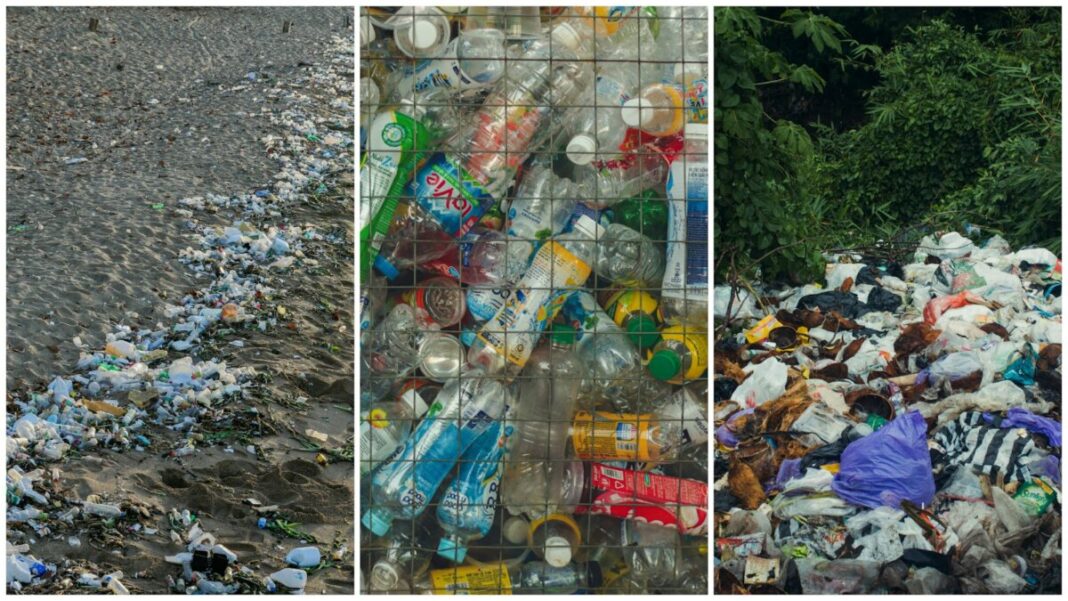Should cleaning up after dining be the customers’ job? Cebu City’s CLAYGO ordinance ignites a debate on cleanliness, responsibility, and service.
Ordinance No.2709, also known as the “CLAYGO Ordinance of 2023”, stirred a discussion among the locals and visitors alike. The CLAYGO, or “Clean As You Go,” encourages customers to clean up or tidy their tables after dining at places like fast-food chains, bakeries, cafeterias, and similar establishments within the city. The ordinance promotes a much cleaner space and accountability, but it also raises a few considerations on both sides of the issue.
No Mess Left Behind
Claygo promotes a positive impact on public hygiene and personal discipline of people in the city. With the high rise of a growing population and the busy food industry, maintaining cleanliness can be challenging in establishments. The ordinance aims to promote cleanliness and shared responsibilities between staff and customers, thereby reducing the burden on workers while instilling a habit of environmental awareness. By asking customers to dispose of their waste properly when returning their trays, CLAYGO also enhances the customer experience by making dining a cleaner and more enjoyable experience.
Forks Down, Burden Up
On the other hand, critics argue that cleaning up should not be left to the discretion of a paying customer, especially since there are some establishments where customer service is an integral part of the experience. Eating out should also include a level of comfort and service. Moreover, in terms of accessibility, not all customers may be physically capable of clearing their tables. A burden may be experienced by those who are pregnant, elderly, or those caring for small children. Some establishments require assistance for these groups, but enforcement may vary from one establishment to another.
Serving Clean & Fair
The implementation of the CLAYGO ordinance in Cebu City encourages people to shift their behavior, promoting a shared responsibility between staff and customers. While the benefits of the ordinance are clear in terms of cleanliness, it is also essential for business owners and city officials to ensure inclusivity for all, with proper signage, accessible facilities, and adequate staff training.
Context and flexibility are the key to any policy. For some people, cleaning up after themselves is a small gesture of kindness with benefits. For others, it is a matter of practicality and expectation. The one certain thing is that, whether you oppose or support the idea, everyone has a role to play in maintaining clean, respectful, and inclusive spaces for all.

